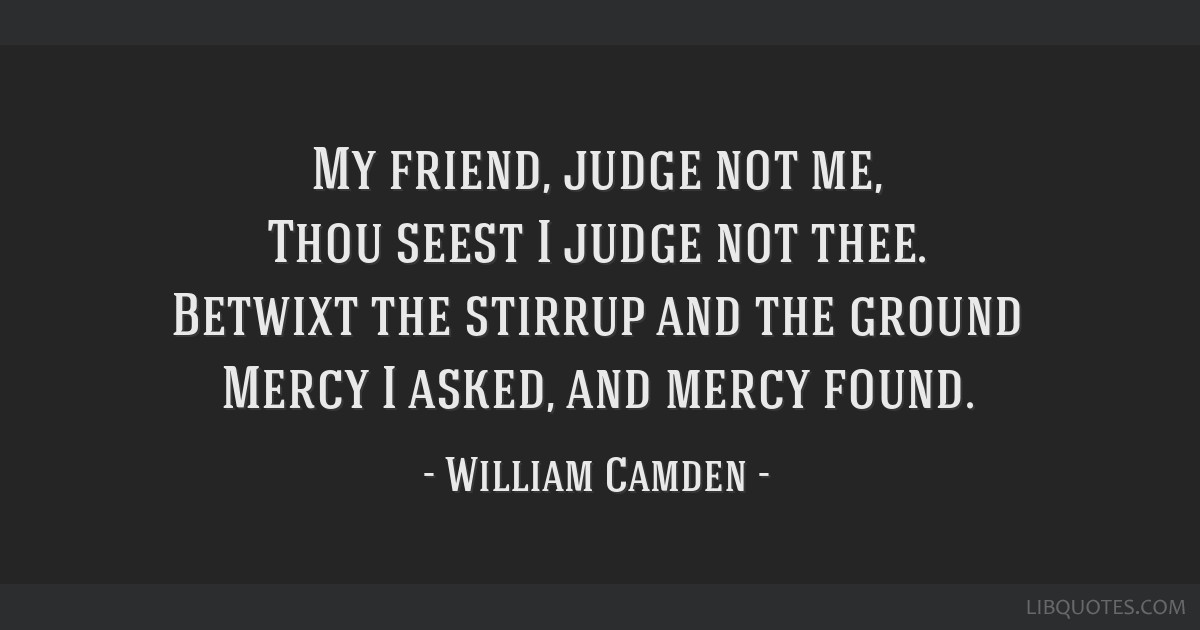Lamorna Ash on her spiritual Journey
Lamorna Ash has written a book called "Don’t Forget We’re Here Forever: A New Generation’s Search for Religion."
Extracts from it appear in today's Observer and on the Guardian website with the title
Could I become a Christian in a year? | Religion | The Guardian
(Click on the title/link above to read the whole article.)
When I saw the title I was reminded of the famous, quote in “Epitaph for a Man Killed by Falling” by William Camden (1551–1623), popularised in the 20th century in Graham Greene's novel, "Brighton Rock," suggesting that it is possible to turn to Jesus for mercy in the last second of life:
Larnorna Ash's spiritual journey as described in the book and article started, quote, "in the most earthbound, airless way. I was at my desk in a bedroom overlooking the hardscrabble surrounds of Harringay station in north London.
It was early 2021, so there was nowhere else to be. All I wanted was something to write about. In my notebook were four ideas for potential essays and three of them were non-starters. The other was a piece of gossip. A comedy double act from my university days had simultaneously converted to Christianity. More: they both wanted to become priests. Comedians to Anglican priests. That was something. I sent an email, asking if I could interview them.
My interviews with the two recent converts took place over the course of a year. Do you believe in the resurrection? I asked them. In heaven? Where do you stand on demons? But what I saw of the two young men’s faith, finally, was not through their answers to my generic questions about Christianity. It was reflected in their faces and enacted in their gestures as I attended religious services beside them."
She goes on to write
"Perhaps it was naive not to have anticipated how spending my days alongside two fresh converts, attending services with them, speaking with them for hours about their faith, would have some cumulative effect on me. Through those encounters, it was as if the very corner of the sky had been pulled back.
I decided to seek out Christians who had taken as many distinct routes into and occasionally out of faith as possible. But I also had another question turning in the back of my mind: Could anyone be converted to a religion? If I kept putting myself in the way of Christianity, would I eventually be converted? I framed this as a joke aspect of my research at first. “Could I become a Christian in a year?” But I’m not sure how much I was ever really joking."
After describing the wide range of Christians to whom she spoke, she found
"Very quickly, I discovered the two young comedians were not outliers when it comes to my generation’s relationship to faith in Britain. Not only did I meet a host of people in their 20s and 30s who have converted to some form of Christianity, but I also detected a marked attitudinal shift in how my peers talk about religion compared with the generations that came before us.
We are leagues away from the New Atheist movement of the 1990s, which repudiated religion on supposedly intellectual grounds – though the straw-man version of religion Richard Dawkins and his ilk chose to burn down was the most pallid, simplistic form they could devise. Our feelings about faith are distinct, too, from the broad strokes of apathy or indifference towards belief that often characterised the 2000s.
The conversations about faith I have with friends and acquaintances are characterised by increased tolerance and openness to religious frames of mind. This, I think, speaks to the kind of world in which we have come of age. We were born into a period of extended contingency, of greater diversity and plurality, in terms of beliefs and backgrounds and sexualities, of great financial instability, under austerity measures, our futures shadowed by the now unavoidable fact of planetary climate collapse. We were the first generation to have had smartphones and social media intervene into our childhoods, half of our daily interactions now carried out via fragmented chats across various platforms run by tech billionaires. Social media both makes the rest of the world more in reach and also leaves us feeling ever more atomised, craving the kind of physical community we might have once gotten through the mosque, the synagogue, the temple, the church."
The article goes on to describe a religious retreat the author attended on the island of Iona, and concludes:
"Two years (and innumerable conversations and church visits with Christians from all across the religious spectrum) later, I feel so different from the person I was when I started this research. I have this courage now that did not previously exist. I still don’t think I could tell you anything definitive and absolute about the Christian faith, nor my own relationship with it – but what a trip it has been. I haven’t found any answers. I’ll go on looking."
You can find the whole article here.

Comments